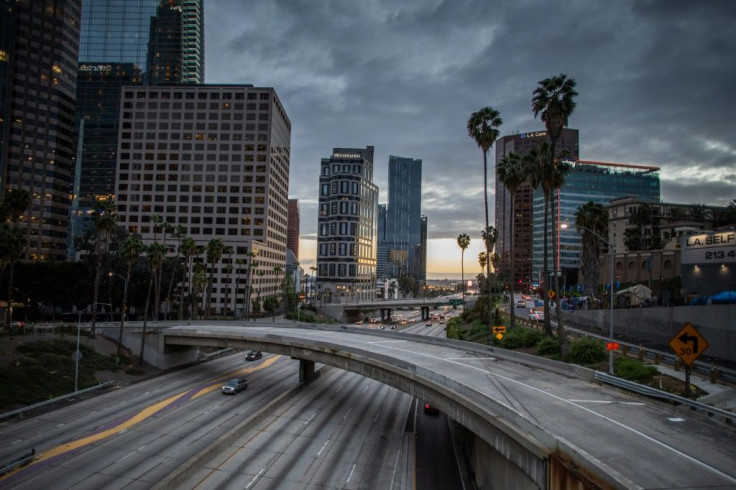Coronavirus USA Update: California Governor Orders State's 40M Residents To Stay Home

KEY POINTS
- California Gov. Newsom issued a "stay at home" order for the state's residents
- All Californians are required to stay at home unless absolutely necessary
- The order will stay in effect until further notice
California Gov. Gavin Newsom issued a statewide mandatory "Stay At Home" order to the state's 40 million residents in an effort to “flatten the curve” and prevent a rapid rise in COVID-19 infections. The order goes into effect Thursday (March 19) evening and will be in place until further notice.
"This is not a permanent state, this is a moment in time," Gov. Newsom said in a news conference. “We will look back at these decisions as pivotal.”
CA is issuing a statewide, mandatory STAY AT HOME order.
— Gavin Newsom (@GavinNewsom) March 20, 2020
Those that work in critical sectors should go to work. Grocery stores, pharmacies, banks and more will stay open.
We need to meet this moment and flatten the curve together.
Go to https://t.co/xtXFwVeWc2 to learn more.
Under the order, all residents of the state are required to stay at home except when they need to get food, care for relatives or friends, get health care or go to an "essential" or critical job. Anyone who does go out has to keep a distance of at least 6 feet from other people.
Californians will continue to have access to essential services such as gas stations, pharmacies, grocery stores, banks and laundromats and, essential state and government functions will continue to provide services. However, places where people tend to gather, such as dine-in restaurants, entertainment venues, bars, convention centers and gyms, will be closed, and public events and gatherings will not be allowed.
“Our goal is simple, we want to bend the curve and disrupt the spread of the virus,” Gov. Newsom wrote in the executive order.
The order comes as coronavirus cases in the United States surpassed 11,000, with California being one of the hardest hit states after Washington and New York. To date, California has recorded over 900 coronavirus cases and 19 deaths and, Newsom estimates that 56% (25.5 million) of California residents will be infected by May.
This estimate was included in letter that Newsom wrote to President Trump requesting for the deployment of the USNS Mercy ship to Los Angeles for the treatment of non-coronavirus cases. In the same letter, Newsom noted that cases of COVID-19 in some parts of the state double every four days and that 23 counties have already reported community transmission.
In response to the outbreak, several counties in the state have also imposed city wide restrictions. For instance, Los Angeles, which is the largest county in the United States, also imposed a near-lockdown that will take effect on Friday (March 20). San Francisco and much of Northern California also imposed similar restrictions.
© Copyright IBTimes 2024. All rights reserved.






















